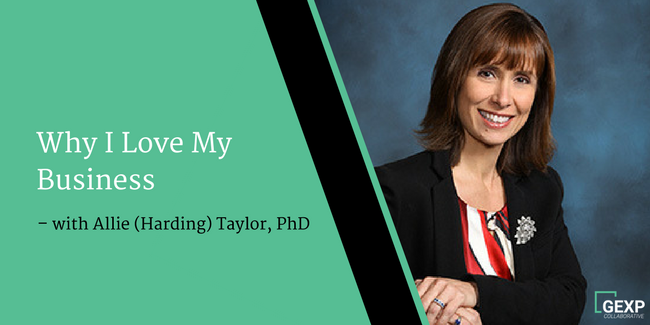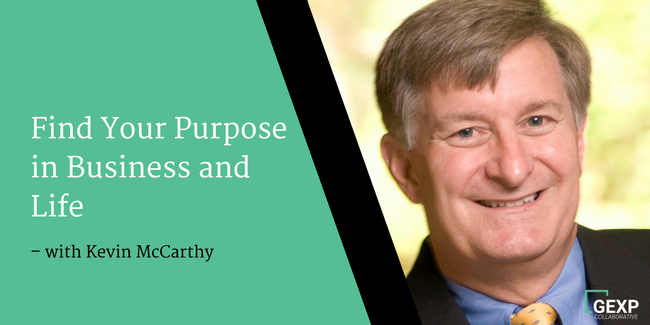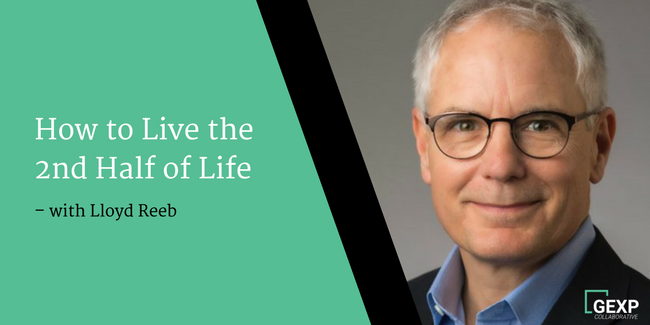My guest today is Cammie Greif. Cammie is a co-founder of TaxAct. In the mid-1990s, Cammie and three of her former co-workers decided to build a highly profitable tax filing software. With a focus on growth and profit, TaxAct was born.
In 2004, Cammie and her partners sold the business to TA Associates a private equity firm. During today’s episode, Cammie shares what it was like to run a multi-million dollar company and how the sales process worked out for them. She stayed with the company for fourteen years so she has seen a good chunk of the business cycle.
In the mid-2000s, TaxAct was sold again to InfoSpace (now known as Blucora.) Cammie tells me about walking away and finding a new purpose. We follow Cammie’s story through their humble beginning in the first floor of a former mortuary to being the third biggest tax service software on the market. Tune in for this incredible story!
Profitable businesses. We’d all like one, but how many of us started out thinking, “My business is going to make a profit in year one”? Not many. For our guest today, Cammie Greif, however, that’s exactly what she did. She and her three co-founders decided that profit was their first and foremost step and that they would do whatever they had to do to run a profitable business.
You work hard. We all do. But when it comes to getting your enterprise off the ground, are you willing to go without pay for two years? Very few of us could commit to that just to see the revenue of our business grow so we can reinvest it in our company, rather than pay ourselves. However, Cammie’s own business plan was just that—go in with the bare minimum, work hard and cash in later.
The lessons new entrepreneurs should take (or even repeat entrepreneurs who want to focus on a profit rather than growing the business) from this is: you can make do with a lot less. You don’t need the newest and greatest, unless you’re in the highest of tech businesses. You really don’t need that fancy art, fashionable sitting area or expensive scotch — okay, the scotch maybe… but honestly, there are so many areas you can cut costs when you’re starting a business.
Where you don’t want to cut costs, however, is when it impacts your bottom line. You’ll need to assess what matters for the heart of your business and whether or not adding in a proper seating area or employing someone who has the skills that you or your partners lack is a smart move, financially.
A lot of business can be done from a laptop in a coffee shop these days. Get creative to keep costs down and profits high.
This is a much easier strategy to follow when the plan from day one is to sell your business. Cammie’s story is the perfect example of starting with the end in mind. When she and her partners decided to build a profitable business, it was to make it more appealing as an acquisition. If you’re going for the long-haul, or want to keep your business for your children, then perhaps you’d be better focusing on a growth strategy early on. However, as Cammie’s experience shows you, it is possible to focus on profit and still have a business with good longevity.
By structuring things so that your employees are invested in the sale and so that each partner is well aware of what’s at stake from the start, you’ll have a far smoother transition when it comes time to sell. We’ve covered the idea of giving back to your staff in other podcasts, so it’s not a new idea, but the point to remember here is openness and planning for the transition. Aside from the percentage of the sale that her employees got, Cammie also included her main management team in the sale process so that the company that would ultimately buy TaxAct would have a good feel for who they would be onboarding and so her staff would have a better understanding of the company taking over.
The fewer surprises you have in the sales process, the better, so de-risk your business transitions by starting with the end in mind. Even if you stray from that path over time as other options become more appealing for you, you’ve at least established a framework and a bit of distance between yourself and your business so you don’t feel completely lost when it’s time to exit.
Cammie also made herself aware of the exit options available to her company. This was incredibly important since when she eventually chose to sell to a private equity firm, she knew that they were the best fit for her. Not only that, but she had exhausted the other options—even to the point of going to court!—to make sure PE was the best fit. A private equity firm allowed Cammie’s company to grow (with less risk) in the direction they wanted.
The interesting part about this story is that Cammie originally wanted to be purchased by her competitors in the first two years. This obviously didn’t pan out, but the growth TaxAct experienced under a profit model was enough to attract other buyers. The time and energy Cammie and her co-founders put into finding, selecting and vetting buyers was well spent because, in the end, they were able to get the exact deal they wanted—and turn away other, less appealing offers until then.
Each industry has its own challenges as far as timing your transaction. When to sell is a driving force behind a sale. The accounting and tax industry is no different—in fact, it’s even more crucial here because there are only about three-four months per year that it is viable (if you are an owner-operator) to look for a buyer. How to cram everything into that timeframe?
Do it beforehand. By having a plan in place for what you want from a sales process, including who you want to sell to and what you need your terms to be, allows you a little breathing room at the negotiation table. Plus, as you’ll see in the show, by operating a profit-based business model, TaxAct was able to continue as a going concern between their sales rounds without damaging their business.
If you haven’t had the exit talk with the key people on your team, you should. The due diligence process alone will teach you volumes about how ready you are to sell, and therefore who you should be aligning yourself with.
Cammie’s story is a great example of how to use a private equity firm the right way. Selling to a private equity firm opens so many doors that a business doesn’t have before the sale. Take notes on how TaxAct conducted business and utilized the resources presented to them. Always build your business with goals in mind and set a timeline that will lead to those goals.
Cammie Grief on LinkedIn
TaxAct
Blucora
TA Associates
Cammie Greif is one of the four co-founders of 2nd Story Software, Inc., makers of TaxAct. 2nd Story Software (now known as TaxAct), is a tax preparation software company serving the consumer tax and professional tax preparation markets. As Chief Marketing Officer, Cammie drove the rapid growth of the company from its inception in 1998 to the stock sale in 2012 to Blucora. Cammie was instrumental in carving out a market in the highly competitive consumer tax industry by offering free tax software, and disrupting the industry by adding free e-file to the product offering, with the largest competitors TurboTax and H&R Block following suit. Cammie and her co-founders bootstrapped the business and attained profitability in the first year of business, starting in February 1998 and releasing their first product in November of the same year.
In 2004, 2nd Story Software received a majority investment from private equity firm, TA Associates. Cammie was involved in all facets of the process, including the selection of investment bankers, development of due diligence, management presentations and negotiations. After 2004, as a private equity investment, Cammie was also involved heavily in the due diligence development for processes that led to the eventual sale to Blucora in 2012.
Since leaving 2nd Story Software, upon the sale to Blucora, Cammie dedicated her time to mentoring entrepreneurs in all stages of their business, with a strong focus on startups. In addition, she manages investments, including equities, commercial and land real estate, angel investments, and venture capital. She is a Board of Director of Timberline Manufacturing in Marion and St. Martin Land Company in Cedar Rapids. Cammie has a Bachelor’s of Business Administration (BBA) degree in Accounting and Business Administration. She is an inactive status Certified Public Accountant (CPA).

The psychology of exits… we have a real intellectual take on exit planning and your state of mind this week. In a colorful episode,...

The valuation of your life work and business is a direct reflection of the leadership remaining in place after you exit. What does it...

We continue the theme of ‘halftime’ in people’s lives by speaking to Lloyd Reeb, an eminent author and speaker who coaches and mentors for...